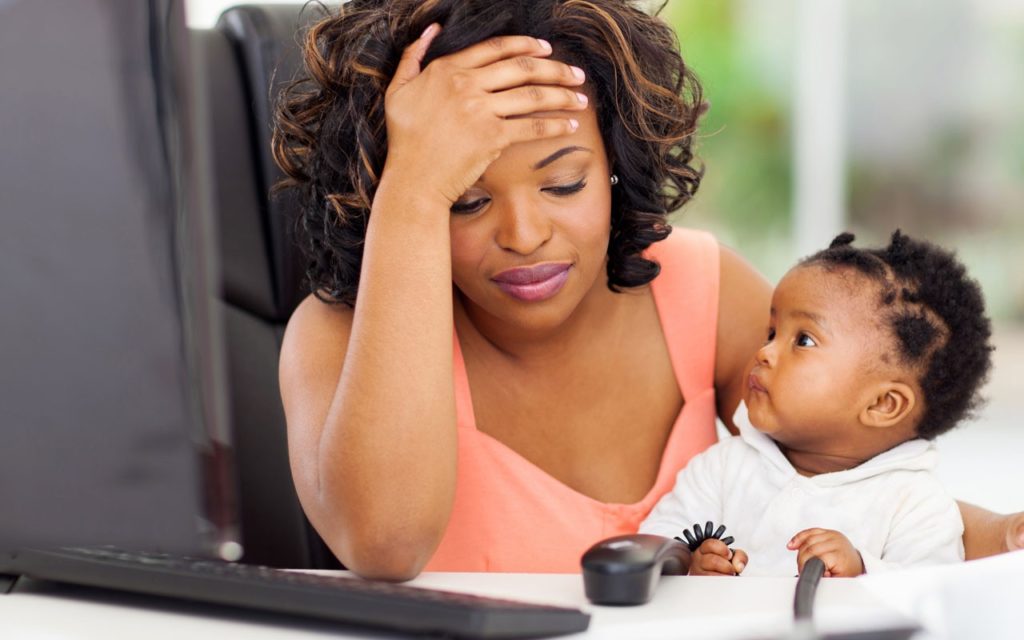
Common Emotional Problems in Pregnant Women and Mothers
Several emotional problems can arise when you are pregnant or have had a baby. Sometimes these emotional problems are all just called postnatal depression. This is not correct and can mislead, especially since problems can arise during pregnancy too. Pregnant women and mothers may have mental health issues, such as
Baby blues
During the first week after birth, up to 80% of mothers will get the baby blues. This is usually a time when you are quite sensitive and might cry, be irritable, feel anxious and have mood swings.
These symptoms tend to peak 3 to 5 days after birth. They are mainly caused by hormonal changes after childbirth and normally go away within a few days with no special treatment. If symptoms go on longer than 2 weeks, it could be the start of postnatal depression.
Adjustment problems
You will go through a period of adjustment as you try to handle the huge changes your baby brings. For most people, this time of adjustment is temporary and does not really interfere with daily life.
For others, adjusting to life with a baby can take a long time and cause a lot of distress. If this is the case, you should talk to a health professional.
Attachment problems
After the birth, you may expect an instant bond with your baby, but for some parents, this does not happen.
It may take a few days or even weeks to feel a connection to your baby, and this can create feelings of guilt, stress, and disappointment for parents. Usually, with support and rest, you will feel more attached to your baby within a few days. If you do not connect with your baby after a couple of weeks, it is important to talk with a health professional.
Anxiety
A little worry or anxiety is normal, but too much may affect your ability to cope with your pregnancy and your baby. You can experience anxiety while you are pregnant (antenatal anxiety) or after the birth of your baby (postnatal anxiety).
If you have anxiety, you may fear you will lose control or go crazy. Often the anxiety you feel can lead to low self-confidence and a belief that you are a bad parent. If you think your partner or baby would be better off without you, or are having thoughts of suicide, contact a health professional immediately.
Depression
Research shows that 8 to 11% of women experience depression during pregnancy while 13% of women will go through PND. The symptoms are the same for both. However, not everyone will experience depression the same way.
Depression develops gradually and may go on for many months. It may start before or during your pregnancy and then continue after childbirth. If left unrecognized and untreated, it may develop into a chronic condition or come back in the following pregnancy.
If you know a mother experiencing any of the symptoms listed above, contact a health professional immediately.
